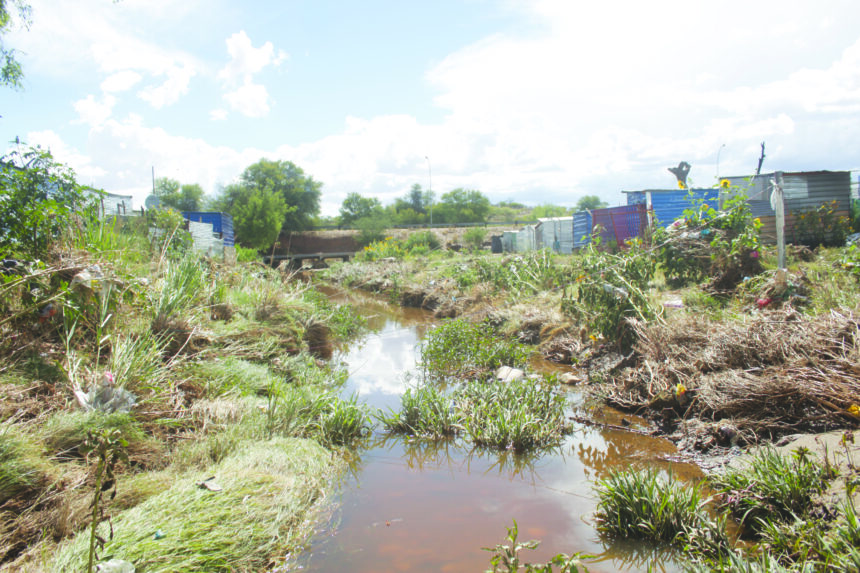KHORIXAS – Namibia has so far recorded 28 malaria deaths this year.
In relation to the statistics, four deaths were recorded in Katima Mulio, three at Onandjokwe State Hospital, two in Oshakati, one in Gobabis, two in Okongo and three from Engela.
More deaths were recorded in Andara, where three people died: one from Windhoek, two in Outapi, two from Eenhana, one from Nkurenkuru, and three in Rundu.
Health minister Dr Kalumbi Shangula said the surveillance system has this year shown an increase in the number of reported cases from malarious regions. “New cases are also reported from regions and districts which usually do not report malaria cases, meaning they are non-endemic regions,” he said while addressing stakeholders in Khorixas.
The district was awarded the Simon Kunene Award for the best performance on the awareness, prevention and elimination of malaria.
The award is named after the late Simon Kunene, an epidemiologist from Eswatini, who was a pioneer of malaria control in southern Africa.
The lawmaker indicated Namibia strives to eliminate malaria as a public health threat by 2025. “The country continues to report a high number of locally- transmitted malaria cases in the northern regions, in addition to imported malaria cases from neighbouring countries. The ministry conducts routine surveillance to detect malaria outbreaks as early as possible
after their emergence, and to gather the appropriate data that will help to guide the response and monitor its effectiveness,” he remarked.
He added: “Malaria remains a persistent threat, and we must continue to build on our successes to ensure that the gains we have made are not reversed.
Let us redouble our efforts, share best-practices and support one another as we strive to reach the critical milestone of zero local malaria transmission in all our districts”.
Khorixas case
The latest information provided by the line ministry indicates that for the past five years, Khorixas moved from seven cases in 2020 to one in 2024. In 2022, they did not record any cases of malaria.
Community health worker Emma Gomas highlighted challenges they have experienced, including people using mosquito nets for gardening purposes, and not for intended use.
“The community members are using these mosquito nets to cover their gardens. So, we decided to create awareness, and teach them how to appropriately use the nets,” she stated. She also raised concern about people who refused to have the indoor residual spray in their homes. “Some of the community members used to say the spray makes their walls dirty, and has a bad smell.
Others complained that the day the houses are sprayed, it’s the day mosquitoes bite a lot. Additionally, some intentionally lock their houses… we would not find people at some houses,” she recalled. Gomas said transportation of the community healthcare workers to other districts within the region has been an obstacle, further pleading with relevant stakeholders to help.
The district’s representative, Dr Ali Mbuyi, concurred with Gomas, stating that
transportation has been an issue, making it difficult to fully commit to projects such as those around malaria that require on-the-ground surveillance.
-psiririka@nepc.com.na



